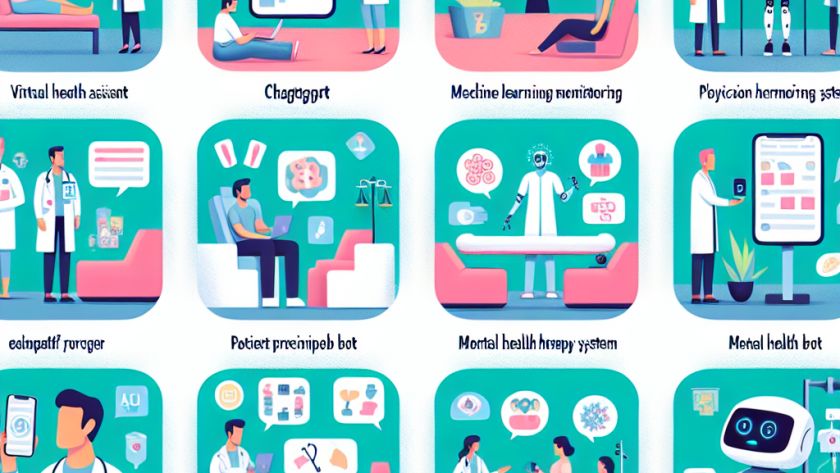Scientists from the McGovern Institute for Brain Research at MIT, the Broad Institute of MIT and Harvard, and the National Center for Biotechnology Information at the National Institutes of Health, have developed a new search algorithm to find enzymes of interest in vast microbial sequence databases. This algorithm, called Fast Locality-Sensitive Hashing-based clustering (FLSHclust), discovered…











